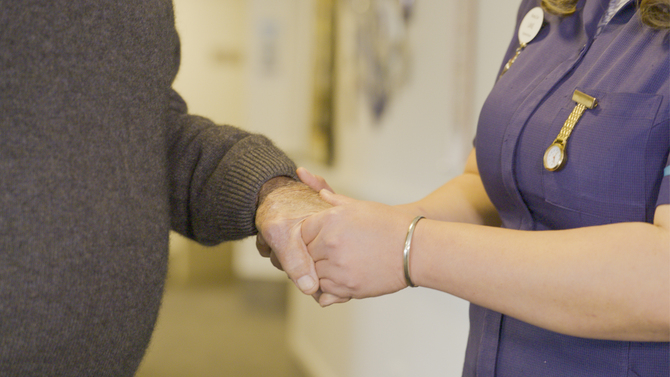
Care, compassion, community: these are the hallmarks of the way that guides all work at WesleyCare. The aim is to ensure that residents feel well cared for in a homely, warm and welcoming environment.
This approach informs everything at WesleyCare. It is a vital element of staff training and it extends to offering some services, such as chaplaincy, that are funded by the Mission because they receive no government funding.
“Offering compassionate care involves attending to the changing needs of those coming into WesleyCare and, in recent years, there have been some important changes,” says CMM Executive Director Jill Hawkey. “In particular, with support from care in the community, more and more people are enjoying independent living for longer.”
One consequence of this is that those who eventually do make the move into residential care tend to be more frail than in the past. New residents often bypass rest home care and move directly into hospital level care.
“The trend towards increased frailty also means that the need for specialist equipment is increasing,” says Jill. “For example, residents who are assessed as having a high risk of falling have a sensor mat installed on the floor beside their bed so that staff can be alerted when the person stands and can be present to help them to move. This is important because frail older people have a high risk of falling, and of serious injury from falls, including hip fracture and head injury. Falls also lead to increased anxiety about moving at all.”
While sensor mats are useful, they are subject to breakage when equipment is rolled over them, they present a trip hazard for staff and they sometimes don’t alert staff soon enough to enable them to be present to help avoid falls. They are not ideal as a preventive measure for falls, but until recently they have been the best solution available.
Now, however, beds are available that have sensor mats installed internally. These ‘smart’ beds alert staff as soon as a resident begins to get out of bed. They are highly effective in preventing falls. One such bed was recently purchased for an elderly resident who was falling frequently when getting out of bed. Over four weeks of having the bed, this person did not fall once.
“Specialised equipment is expensive and such purchases are considered carefully. The aim is always that residents receive care that is compassionate as well as up-to-date while room charges are kept as affordable as possible. Managing this balance well is a vital aspect of WesleyCare.”
CMM is running an ongoing appeal for funds to buy urgently needed specialist equipment like bed hoists and sensor beds. If you are able to help visit www.wesleycare.nz/ hoists or ring Michael Herman on 03 375-1266.
